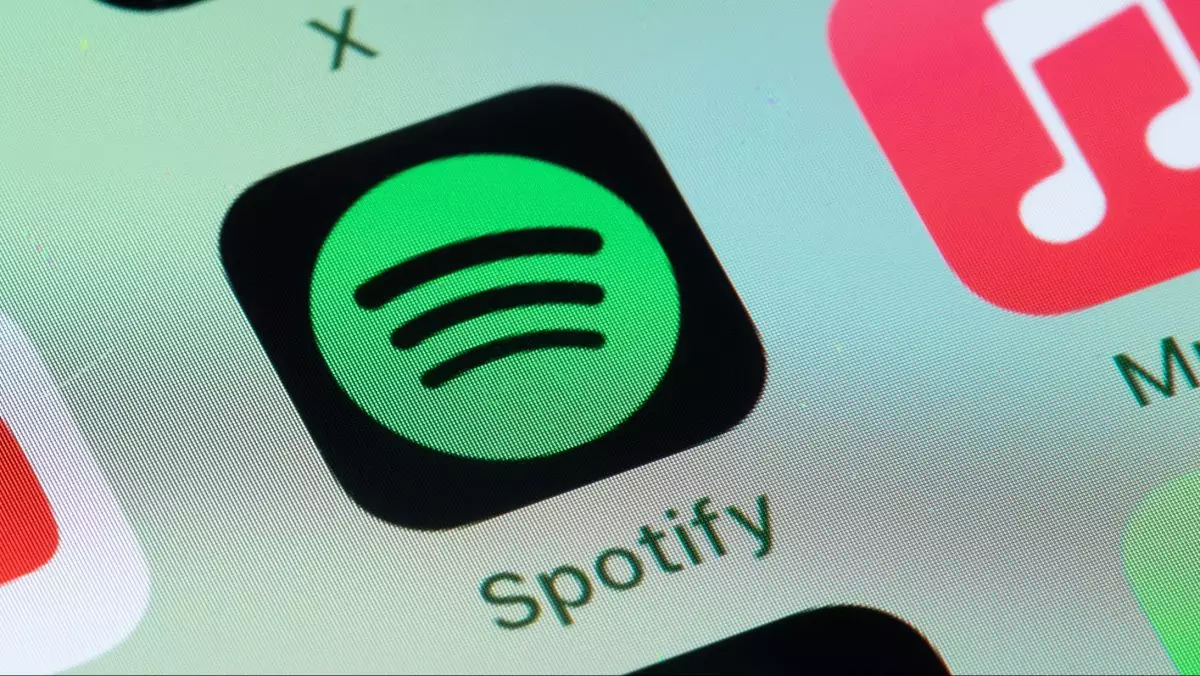In a significant move reflecting the demand for enhanced user safety, Spotify has recently announced the launch of in-app parental controls targeted at listeners under the age of 13. This initiative comes in the form of “managed accounts,” which are set to debut as a pilot program for families in specific regions such as Denmark, New Zealand, and Sweden. By allowing parents the ability to oversee their children’s music consumption, Spotify aligns itself with broader trends observed among major tech corporations struggling to address the complexities of youth engagement with digital platforms.
The new managed accounts empower parents or guardians to set restrictions on their young listeners’ Spotify experience. Key features include the ability to prevent access to explicit content, which encompasses not just songs but also related elements like videos and the visually dynamic Canvas feature. This capability allows families to create a more tailored listening environment. Moreover, parents will have the capacity to dictate which artists or tracks their children can stream, providing an additional layer of customization that respects both the whims of young listeners and the values of their caretakers.
One of the noteworthy aspects of Spotify’s parental controls is that they offer an alternative to the Spotify Kids app, which, while designed for a younger audience, carries its own restrictions that some may find overly limiting. Parents seeking a more flexible music selection for their kids can now exercise specific controls without transitioning entirely to a more simplified platform. This balance aims to address the desires of tweens for a more diverse musical palette while ensuring they remain shielded from inappropriate content.
This development is likely a strategic response to growing pressures from regulators advocating for greater parental control mechanisms within digital platforms. The increased scrutiny on tech giants by lawmakers and child advocacy groups has necessitated changes that prioritize user safety, particularly for vulnerable demographics. By introducing these managed accounts, Spotify not only contributes to safeguarding young users but also positions itself favorably against competitors like TikTok, Meta, YouTube, and many streaming services that have already implemented similar parental controls.
For families currently sharing Spotify accounts, this innovation encourages transitioning to a Family plan, which separates individual playlists, favorites, and recommendations. This separation not only purifies the musical tastes reflected in Spotify’s end-of-year Wrapped results, but also helps families develop a more personalized streaming environment where preferences don’t overlap. As the streaming landscape becomes increasingly competitive, Spotify’s new features reinforce its commitment to user satisfaction—especially among families wanting a secure music consumption experience.
The introduction of managed accounts represents a significant advancement in Spotify’s offerings, placing child safety and parental control at the forefront of its service. As the platform continues adapting to the evolving needs of users, this initiative not only enhances the parental experience but also reaffirms Spotify’s role as a conscientious player in the music streaming industry. By prioritizing both accessibility and safety, Spotify is setting a higher standard for engaging with younger audiences while respecting parental authority.

